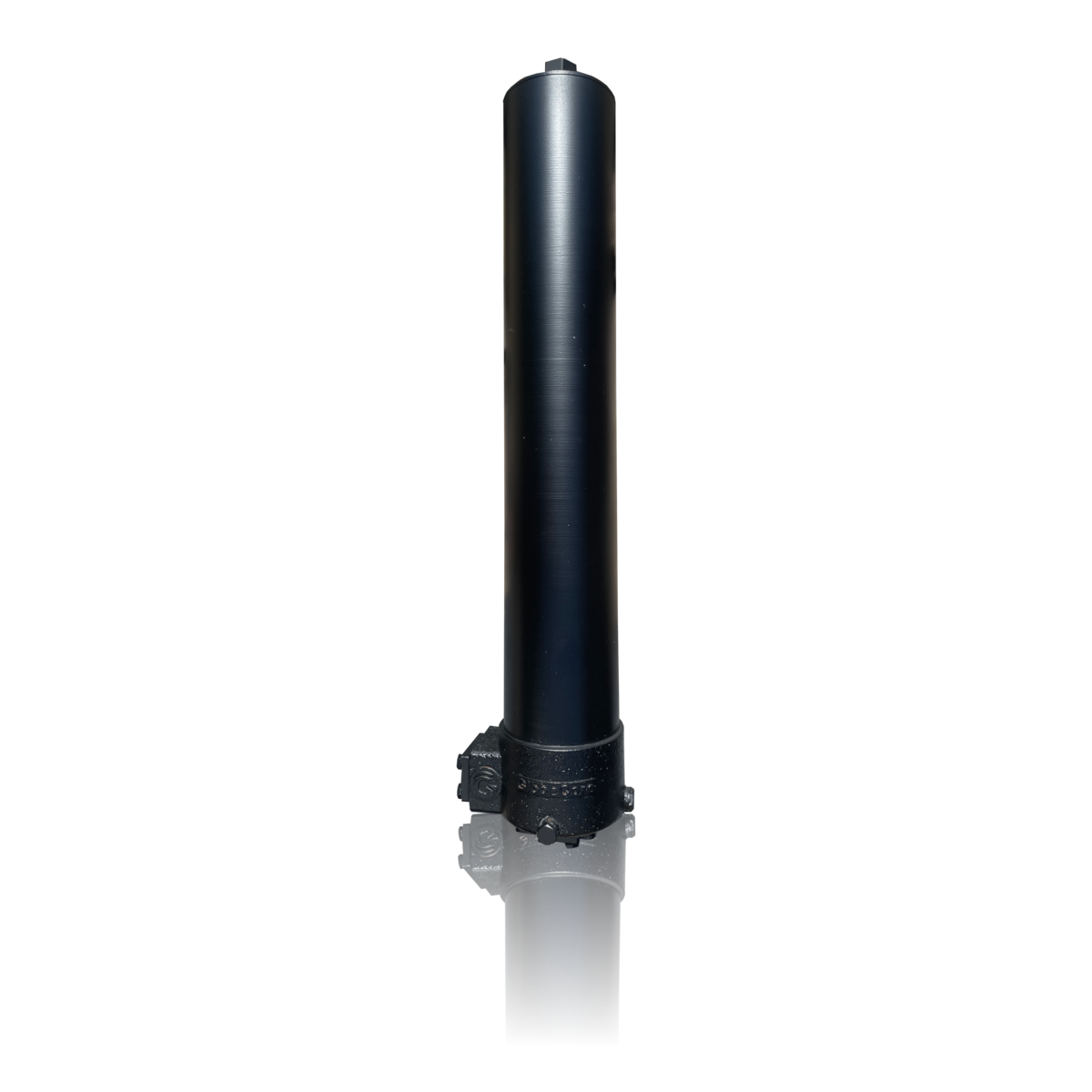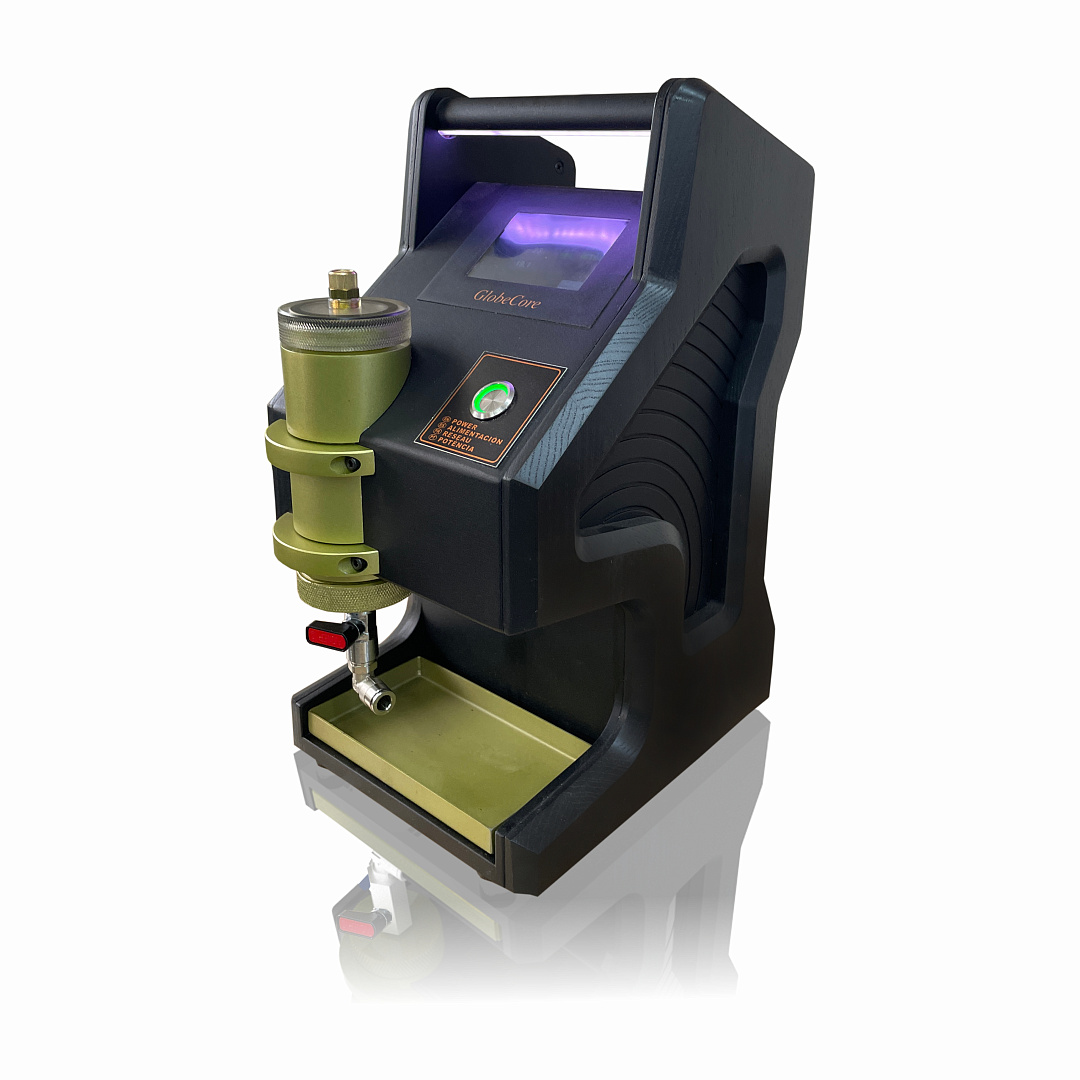What factors influence the efficiency of a Diesel Fuel Filtration System?
- This topic has 1 reply, 2 voices, and was last updated 10 months, 1 week ago by .
Answers
-
October 4, 2024 at 6:35 pm by Amir Khan
Several factors influence the efficiency of a Diesel Fuel Filtration System, including filter quality and type, flow rate, contaminant load, system design, maintenance practices, and fuel quality. Filter Quality and Type determine the size of particles that can be captured; higher-quality filters with finer media can remove smaller contaminants, enhancing purification. Flow Rate affects how effectively fuel passes through the filter; optimal flow rates ensure thorough filtration without causing excessive pressure drops. Contaminant Load refers to the amount and type of impurities present in the diesel fuel; higher contamination levels can strain the system and reduce efficiency. System Design, including the arrangement and placement of components, impacts how well the system captures and removes contaminants. Maintenance Practices, such as regular filter changes and inspections, ensure that the system operates without blockages and maintains high filtration performance. Fuel Quality also plays a role, as cleaner fuel requires less intensive filtration, while heavily contaminated fuel demands more robust filtration processes. Additionally, factors like temperature, pressure, and compatibility of filter materials with diesel fuel can influence overall system efficiency. By optimizing these factors, the Diesel Fuel Filtration System can achieve maximum efficiency, ensuring clean fuel delivery and protecting engine health.



